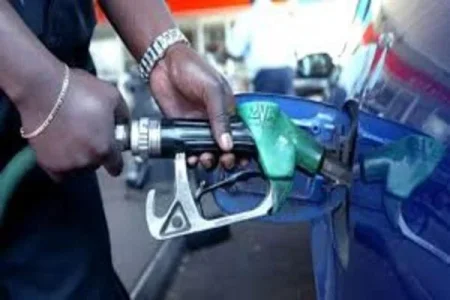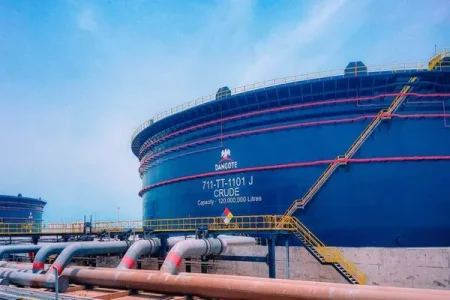
The Nigerian National Petroleum Company (NNPC) will sell petrol to the Independent Petroleum Marketers Association of Nigeria (IPMAN) at N995 per litre. This agreement, facilitated by the Department of State Services, aims to resolve pricing disputes and reduce fuel costs, addressing ongoing supply issues and market disparities.
In a significant move to address ongoing tensions, the Nigerian National Petroleum Company Limited (NNPC) has agreed to sell Premium Motor Spirit (PMS) to the Independent Petroleum Marketers Association of Nigeria (IPMAN) for N995 per litre. This resolution follows the intervention of the Department of State Services (DSS), which stepped in to mediate the dispute between the two parties.
Hammed Fashola, the National Vice President of IPMAN, expressed gratitude for the DSS's role in resolving the issues that have plagued marketers. He noted that their intervention led to an agreement that the Nigerian Midstream and Downstream Petroleum Regulatory Authority would settle the association’s outstanding debt of N10 billion. Furthermore, the negotiations also addressed the direct purchase of petrol from the Dangote refinery.
Fashola confirmed the tentative price of N995 per litre for PMS, stating that this new rate will help stabilize prices across the market. Currently, many independent marketers have been selling petrol at rates exceeding N1,200, influenced by transportation costs and pricing disparities. “With the N995 price, there will be a reduction, but transportation will still affect costs,” he explained.
The IPMAN leader emphasized the need for competitive pricing to close the gap between independent marketers and larger fuel distributors. He also noted that the price discrepancies have contributed to fuel queues across the country, which he attributed to the significant price differences rather than a supply shortage. Fashola assured that the association aims to meet with Dangote to finalize arrangements regarding local refinery purchases while remaining open to collaboration with NNPC based on competitive pricing.
As negotiations continue, the resolution of these issues is crucial for the stability of Nigeria’s fuel market and the alleviation of the hardships faced by consumers.



![[FULL LIST] Tinubu Appoints IBB's Son, Others to Lead Key Agencies](/data/attachments/219/219051-c45e0723af5235b4e99b88eb1fa579fd.jpg?hash=su4VHIBpS9)
